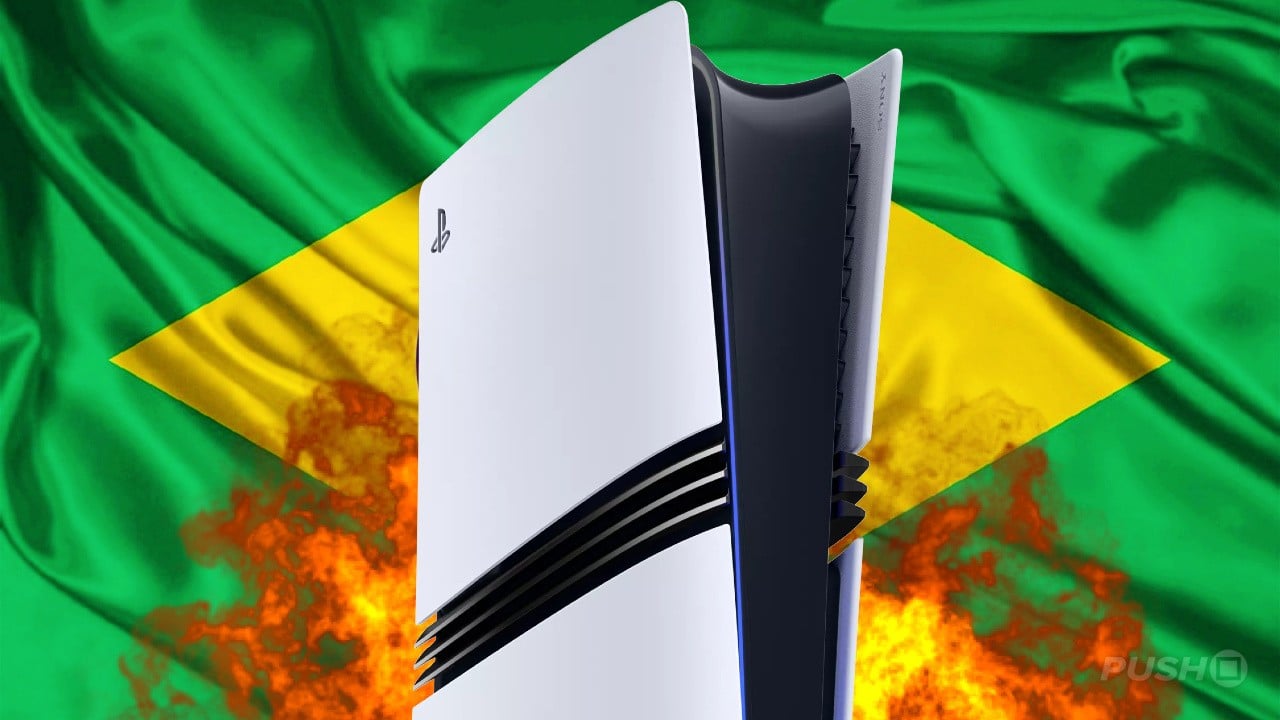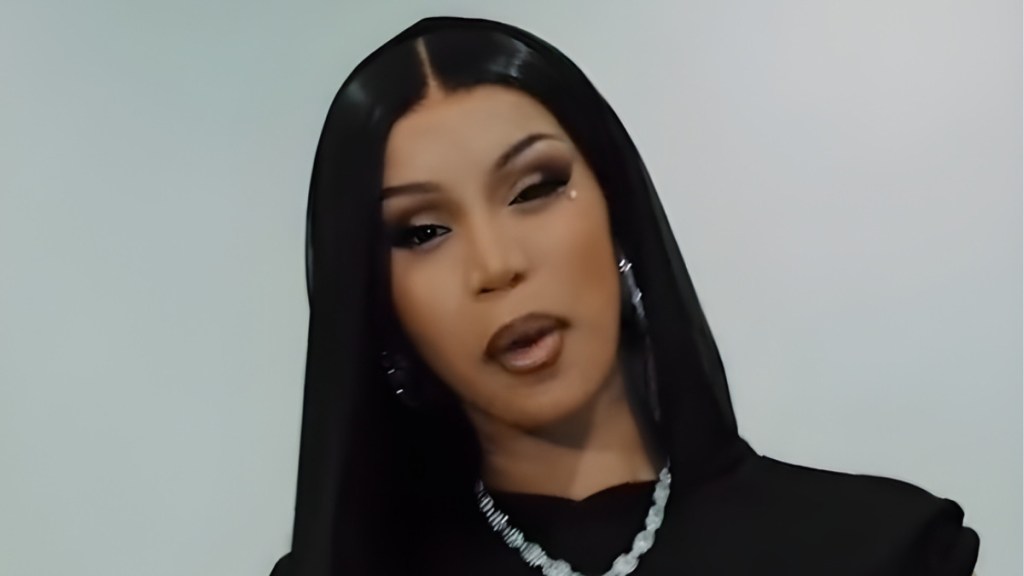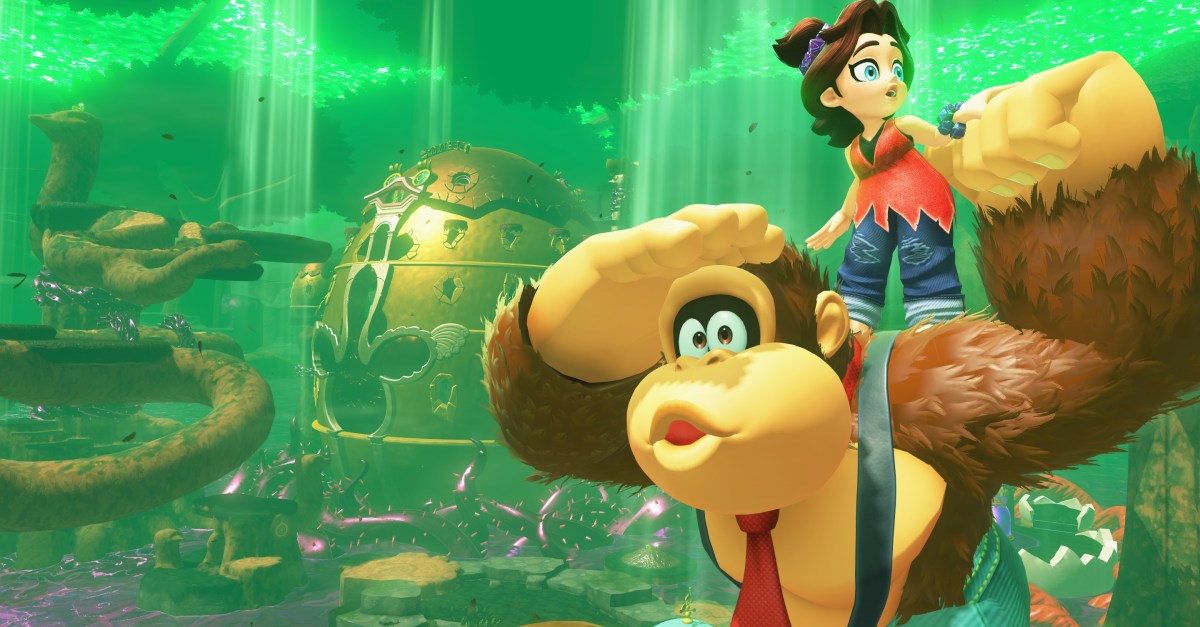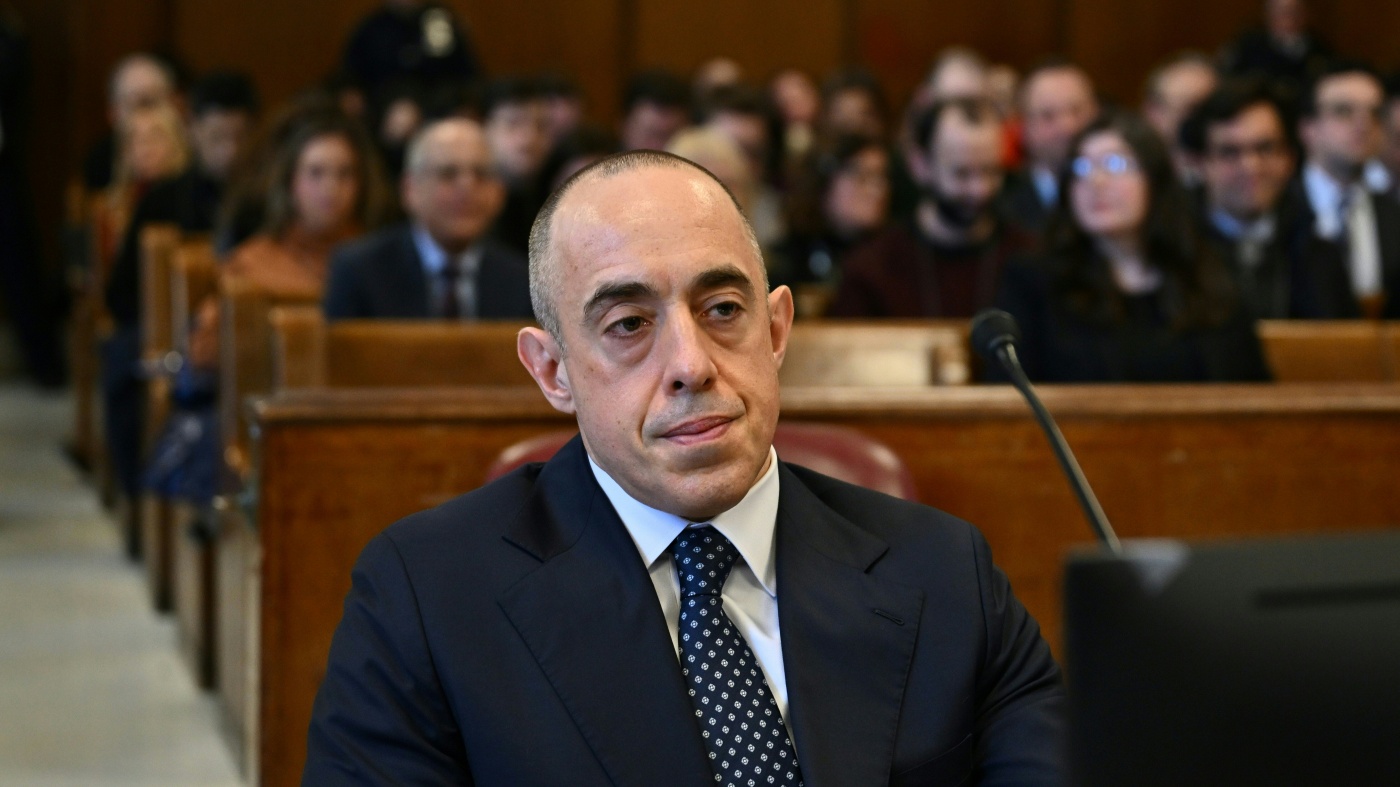Brazilian Gamers Outraged as Sony Hikes PS5 Game Prices Amid Economic Strain

In a move that has sparked widespread anger among Brazilian gamers, Sony has unexpectedly increased the prices of numerous titles on the Brazilian PlayStation Store. This decision affects both first-party and third-party games, including launch titles such as Demon’s Souls, and has been met with significant backlash from the local gaming community.
The price adjustments are attributed to “challenging market conditions, including fluctuating exchange rates,” according to Sony. For instance, the newly released Death Stranding 2: On the Beach saw its price soar from R$349.90 (approximately $63.80) to R$399.90 (around $72.98) merely days after its launch. The sudden increase has left many Brazilian players disgruntled, especially as third-party games often remain cheaper on alternative platforms like Steam.
Economic Pressures and Market Dynamics
The announcement comes as Brazil faces economic challenges, with fluctuating currency exchange rates affecting various sectors. In a translated statement published by GameVicio, Sony explained their decision:
“Sony Interactive Entertainment has updated the pricing of PlayStation Store content due to challenging market conditions, including fluctuating currency exchange rates. As a result, Brazil has seen an increase in PS Store games and add-on content. Pricing decisions vary by region and are based on the current economic environment.”
This development follows a pattern seen in other regions, where high price points have impacted console sales. While PlayStation consoles have traditionally attracted a global audience, the PS5’s performance in Europe has lagged behind its predecessor, the PS4, primarily due to similar pricing issues. The situation in South America appears to be mirroring this trend, with potential long-term implications for Sony’s market share in the region.
Comparative Pricing and Consumer Impact
Meanwhile, Brazilian gamers have voiced their frustrations, noting that hardware prices in the country are already steep. The price hike exacerbates the issue, making gaming an increasingly expensive hobby. Comparatively, platforms like Steam offer more competitive pricing for third-party titles, further highlighting the disparity in gaming costs.
Historically, the United States has been largely insulated from such drastic price changes. However, it is not immune; the PS5 Digital Edition experienced a price increase from $399.99 to $449.99 a few years back. This raises questions about future pricing strategies and the potential impact of tariffs and other economic factors on gaming costs globally.
Future Implications and Industry Reactions
According to industry experts, Sony’s pricing strategy could have significant repercussions. “Price sensitivity is a crucial factor in emerging markets like Brazil,” says gaming analyst Maria Torres. “If Sony continues to raise prices without considering local economic conditions, they risk alienating a substantial portion of their customer base.”
As Sony navigates these economic waters, the broader gaming industry is watching closely. The move represents a critical juncture for the company, as it balances profitability with consumer satisfaction. The question remains: will other regions face similar adjustments, and how will this shape the future of console gaming?
For now, Brazilian gamers are left grappling with the reality of higher costs, while the global gaming community considers the broader implications. As the situation unfolds, players and industry stakeholders alike will be keenly observing Sony’s next steps.






